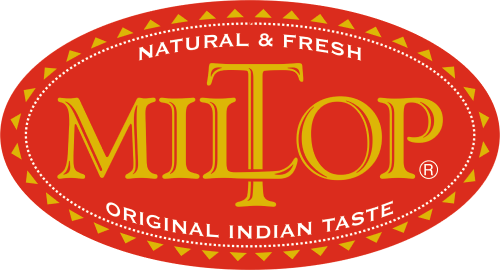Description
Anise is a flowering plant native to the eastern Mediterranean region and Southwest Asia. It is known for its flavor, which resembles liquorice, fennel and tarragon. A member of the parsley and carrot family. The seeds are tiny and ovoid, with fine lines marked against green-grey background. They have delicately sweet and aromatic bouquet with distinctly liquorice flavor. The spiceness is similar to fennel. The flavour is heightened by dry frying the seeds.The aroma of the essential oil (up to 3% in the fruits) is dominated by trans-anethole (max. 90%). Anise is used as an ingredient in savory and sweet Indian cuisine. This spice flavours fish soups, sauces, bread, cakes, biscuit and confectionary. Oil from the seeds is used in cough mixtures and lozenges as well as antiseptic. Anise is also used in perfumes and soaps.
It has carminative properties. It helps with digestion and sweetens the breath. It is a mild expectorant and often being used in cough mixtures and lozenges. It is also antiseptic, antispasmodic, and soporific and a few seeds taken with water will often cure hiccups. Anise is a mild antiparasitic and its leaves can be used to treat digestive problems, relieve toothache, and its essential oil to treat lice and scabies. Anise can be used to relieve menstrual cramps.
It is used in the same way as fennel to flavour fish, poultry, and soups and root vegetable dishes. Numerous alcoholic drinks and cordials are flavoured with aniseed. Anise is sweet and very aromatic, distinguished by its licorice-like flavor. The seeds, whole or ground, are used in a wide variety of regional and ethnic confectioneries, including Greek stuffed vine leaves (Dolma), British Aniseed balls, Australian Humbugs, New Zealand Aniseed wheels, Italian pizzelle and taken as a digestive after meals in India. Anise, like fennel, contains anethole, a phytoestrogens.


